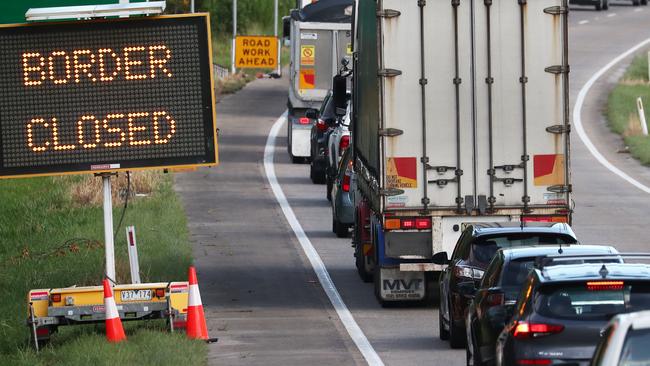
This is one of the defining legacies of 2020. At the start of this week there were 44 active cases in this country, 29 people in hospital, nobody in intensive care, with community transmission at zero or near zero most days.
Total deaths in Australia are at 908 with 90 per cent of them being in Victoria. Australia’s story comes in two parts — Victoria and the rest of the country. Total deaths excluding Victoria are at 88, a figure inconceivable in the early stage of the pandemic as it swept through Europe and the US.
Australia’s 908 death toll compares with 288,000 deaths in the US, 61,000 in Britain, 55,000 in France, 19,000 in Germany, 12,000 in Canada, 7000 in Sweden, 2300 in Japan, 545 in South Korea and 25 in New Zealand.
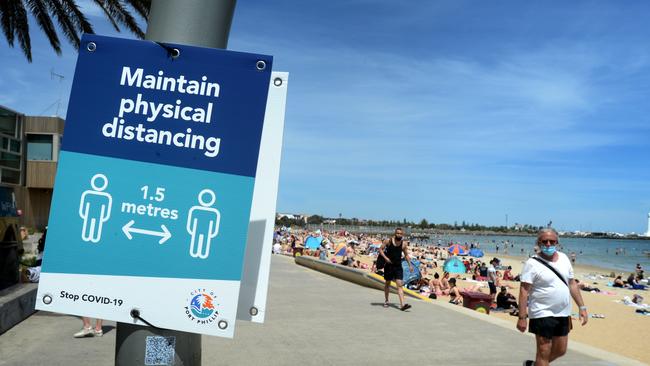
The failures of the two great English-speaking democracies — the US and Britain — are conspicuous and throw the Australian and New Zealand effort into sharper focus. Our per capita performance has been 25 times as good as Britain and the US. Populist conservatives Donald Trump and Boris Johnson have been abject failures in the pandemic, with Trump blowing an effective response as his main chance for re-election. Scott Morrison’s superior capability to Trump and Johnson has never been more obvious.
Our record is far from perfect. Australia took too long to fully close the international borders. In the end our geography as an island has helped. Because the states had charge of the medical response the premiers became national figures as the country lurched towards a new states’ rights provincialism that hopefully is a passing phase.
The four main conclusions are the demonstrated capability of the health system overall as it learnt and adjusted; the strains on the federation imposed by premiers in the brazen way some of them exploited closed borders for their self-interest; the utility of the Prime Minister’s decision to create the national cabinet since the split at the governance level would have been worse without it; and the insights into the Australian character — COVID-19 saw the end of our larrikinism, replaced by an obedient public response to authoritarian instructions along with the resilience of the Australian social contract.
The best form of international comparison is the deaths per million of population. On this measure Australia recorded 35 deaths per million compared with 900 in Britain, 871 in the US, 844 in France, 228 in Germany, 698 in Sweden, 18 in Japan, 11 in South Korea and five in New Zealand. The variations in country performance are dramatic.
The Swedish figure is significant given the argument by many conservatives in this country that Sweden’s initially relaxed approach, or herd immunity, was superior and should have been adopted by Australia. The medical results debunk that proposition. Its morally obnoxious implications would surely have been rejected in this country.
Those conservatives who kept attacking the national health and medical response as far too excessive misread the public. Every evidence indicated the public was deeply concerned about the COVID-19 threat, that it was prepared to accept unprecedented restrictions on personal freedom and that it gave priority to health protection over jobs and economic activity.
In Australia the pandemic has favoured political incumbents with the three elections this year resulting in governments in Queensland, the Northern Territory and the ACT, all Labor, being re-elected.

The pandemic has defined the character of the Morrison government. Morrison governs as an entrenched centrist and a pragmatist. He believed that COVID-19 demanded a practical response at every stage, not an ideological response.
His view — that a pandemic is not about ideology — was logical yet constituted a symbolic turning point for the Liberal Party with the pandemic being a watershed in the evolution of the party, its culture and its view of governing. Morrison’s determination to create and stick by the national cabinet, despite its flaws, revealed his commitment to inclusion, a view many of his critics cannot process.
Interviewed by this column, Health Minister Greg Hunt said: “National cabinet will be seen as a fundamental reform. It doesn’t replace 120 years of federation. But it was based on learning the lessons of the Spanish flu when the federation splintered. It has been challenging at times but is fundamentally transformative in the long run and a huge number of issues were resolved through national cabinet and actioned without fanfare.”
The national cabinet could not remove the autonomy of premiers in devising their response to the crisis but it provided an overarching structure and mechanism to foster co-operation and define a preferred national stance. The operation of federal and state officials through the Australian Health Protection Principals Committee was fundamental in servicing the national cabinet and functioning as a centripetal force.
Critical to Australia’s success was its defining outlook. “Australia set out a very clear plan from the outset based on the twin pillars of containment and capacity,” Hunt said. Containment had four elements: quarantine, testing — with more than 10.2 million tests now completed — tracing and social distancing.
The final resort measures were community lockdown, necessitated in Victoria when its tracing system proved inadequate and its hotel quarantine system failed. In July there were more than 1000 untraced cases in Victoria. The pandemic exposed a failure in Daniel Andrews’ government rare in our history.
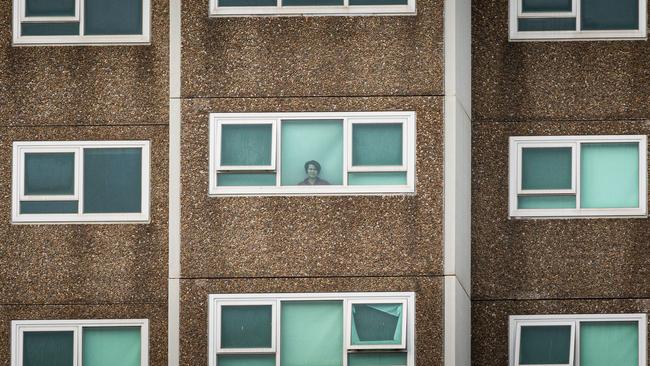
The ineptitude in virus containment triggered an unprecedented lockdown, monumental in its economic and human costs, probably unmatched since World War II. It was tied to a relentless denial of political accountability stretching across Victorian institutions, raising severe doubts about the integrity of the state’s democratic system and its leaders. Deeply revealing was the refusal of the progressive media to do its job and hold those in power to account, a case of partisanship before professionalism.
Flaws and reforms were highlighted in the healthcare system. A universal national Telehealth system was launched in March with Hunt saying that “it jumped a decade in 10 days”. He said: “It kept people safe while being arguably the largest transformation in healthcare in the last 20 years.” The inadequacies of the aged-care system were exposed repeatedly but also triggered some long-needed reforms. Finally, a vaccine plan is being put into place.
The selfish, unnecessary protectionism of premiers Annastacia Palaszczuk in Queensland and Mark McGowan in Western Australia damaged the national compact. There should be a public backlash if they stage a repeat effort. Yet the national story transcended such small-minded provincialism. Australia, compared with the US and Europe, looked a more capable and resilient country — at least so far.


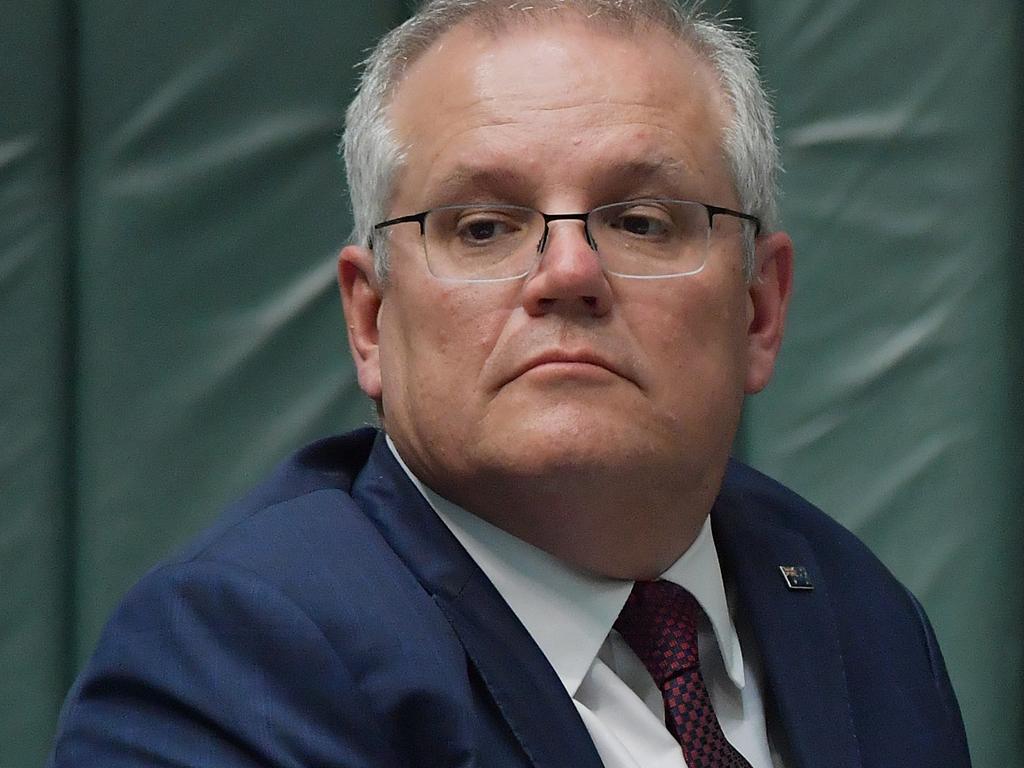


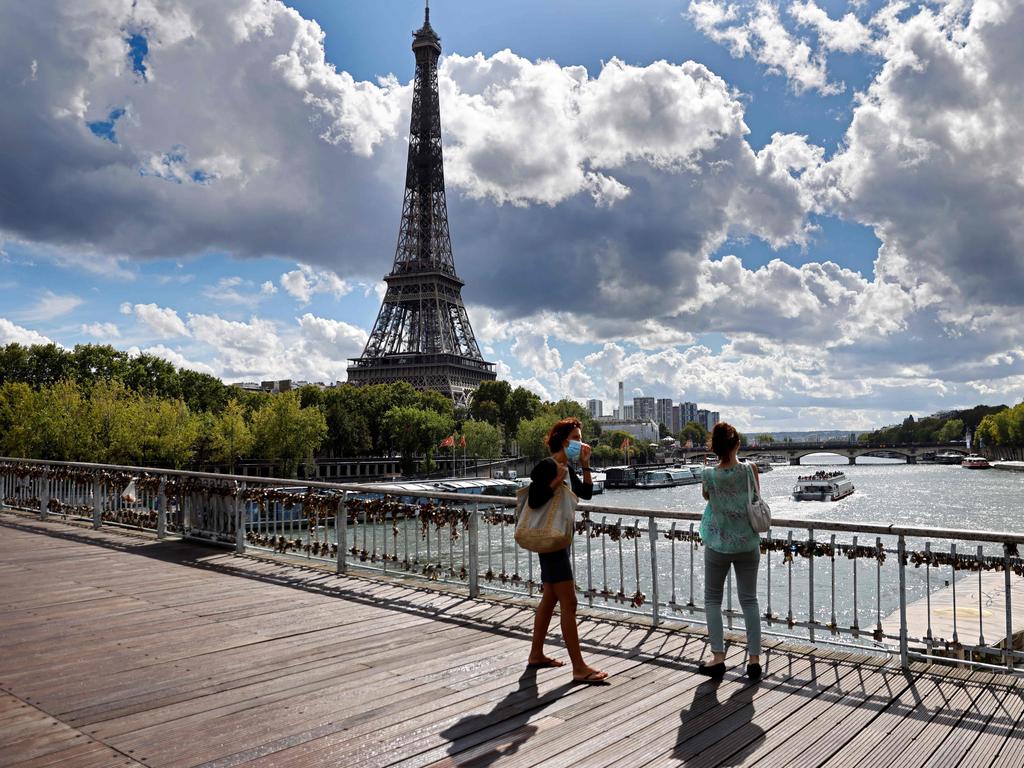


There have been multiple traumas — unjustified border closures, hotel quarantine blunders, Victoria’s denial of political accountability, self-serving premiers exploiting pandemic protectionism — yet Australia’s record against COVID-19 is a remarkable achievement in global terms.